Anger is associated with the Liver
Anger expressed
The anger is related to the energy of wood, and therefore to the organ of the Liver. It is a rising energy, powerful and explosive. Think of the power it takes for a seed to sprout and become a tree! In TCM, anger is therefore an energy of movement and creativity.
This energy will become pathological when anger is expressed excessively, over a long period of time, or repeatedly, or conversely if it is repressed. The unspoken is a source of imbalance of the liver.
Anger in the broadest sense encompasses many emotions such as irritability, aggressiveness, impatience, resentment, irritation, bitterness, hatred, resentment, rage…
Anger causes a rise in qi, which manifests itself as a red face. In TCM, this rise in energy is called “Liver fire”. This can sometimes generate headaches.
Repressed anger
Conversely, repressed anger or frustration leads to another type of imbalance, “liver qi stagnation.”
Symptoms of frustration, irritability, anxiety, chest fullness, menstrual problems, and indigestion can then occur. Over time, these symptoms develop into premenstrual syndrome, depression, chronic fatigue, and, in some cases, hepatitis.
Anger or frustration can therefore lead to liver imbalance, and conversely, liver imbalance can produce symptoms of anger or frustration.
Pathologies
The liver manages energy and ensures its harmonious distribution in the body. According to the control (or attack) cycle, if the wood element is out of balance, it can attack the earth element. This will affect the functions of the spleen and stomach. Over time, if this imbalance continues, it can spill over to the water element and create weakness in the kidneys. And so we…
Repressed anger generates a stagnation or an emptying of the liver energy, which is accompanied by digestive problems (bloating, constipation, gas…), mood swings, fatigue and even depression. It can also generate menstrual disorders in women.
The Liver Qi rises and the Lung Qi falls. If they are both in harmony, the Qi flows freely and smoothly. However, sometimes the Liver Qi does not rise and does not diffuse; this is one of the main causes of Qi stagnation.
This can occur in various parts of the body, such as the hypochondria, epigastrium, abdomen, uterus, throat and head. It can affect the Lung, altering the descent function of the Lung Qi, (which results in a feeling of distension in the chest, depression, coughing and shortness of breath.
The rise of Liver Qi can also become “rebellious” (rise of Liver Yang), reach the head and cause headache and irritability; it can also disturb the descent of Lung Qi and cause coughing, shortness of breath, and headache. Liver Fire can have the same effects, plus redness of the eyes.

All the pathological conditions described above can be found in the Five Elements theory under the term “The Liver Outrages the Lungs.”
The descent of Lung Qi causes Qi and fluids to descend to the Kidneys and Bladder. If Lung Qi cannot descend, it will stagnate in the chest and cause coughs and asthma.
The Liver is also associated with the eyes. Any imbalance in the liver can therefore cause vision problems. It is also associated with muscles and tendons. An imbalanced liver can therefore affect muscles and tendons.
Treatment
If the liver is out of balance, Chinese medicine can treat the organ with a proper diet, herbs and acupuncture. But if the patient lives in a situation that regularly triggers anger and leaves him or her feeling angry all the time – whether or not this anger is conscious or expressed – the liver will continue to be damaged.
In this case, outside medical help may not be enough to bring it back into balance, and the patient will also have to reduce the factors that trigger anger, and also learn to manage this anger. Breathing exercises, relaxation, techniques like yoga, meditation, qi gong will be beneficial.
Foods that are harmful to the liver

A good diet is essential for liver health. Liver and gallbladder diseases are often caused by excessive, indigestible, and unhealthy diets. The liver’s main enemies are: Sugar (and alcohol)
Sugar (and alcohol)
One of the liver’s main enemies in our diet is sugar, particularly refined (white) sugar. It is, of course, consumed in excess (4 times too much on average). Glucose is a vital fuel for our body, but in very small quantities. Any excess will lead to liver imbalance.
Processed Foods
The food industry offers us a whole range of processed foods containing colorings, flavor enhancers (flavorings, sugar and salt, vanilla), and preservatives. These synthetic substances contain a large number of chemical molecules that overload our liver. They should ideally be eliminated from our diet.
Stimulant Drinks
To boost our physical and/or mental abilities, we consume alcohol, tobacco, tea, chocolate, and coffee, which are certainly stimulants but also toxic. Their active ingredients (theine, caffeine, and theobromine in chocolate) are part of the alkaloid family, which are poisonous to our liver.
It seems that the “boost” felt after consuming these “foods” is actually our body’s reaction to the stress caused by these toxic molecules, which it seeks to eliminate. Furthermore, these substances block digestion and promote fermentation.

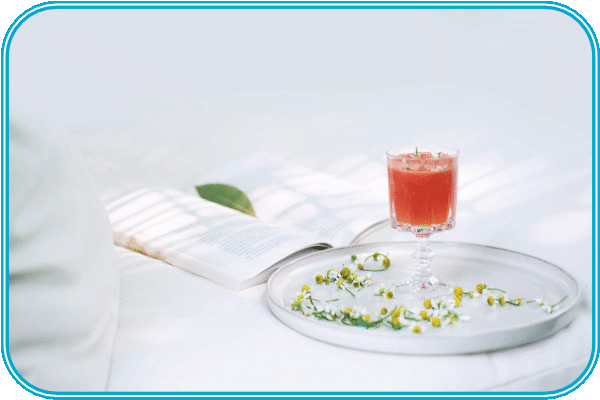
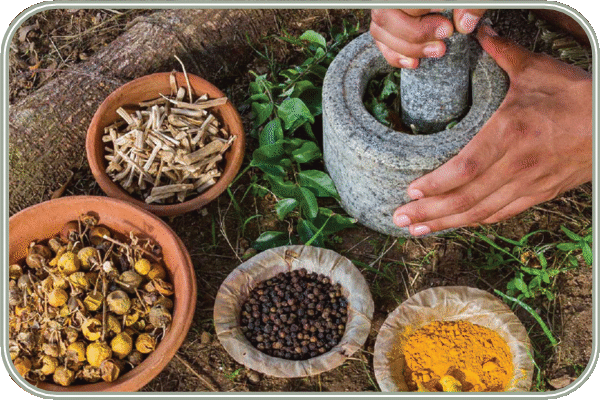

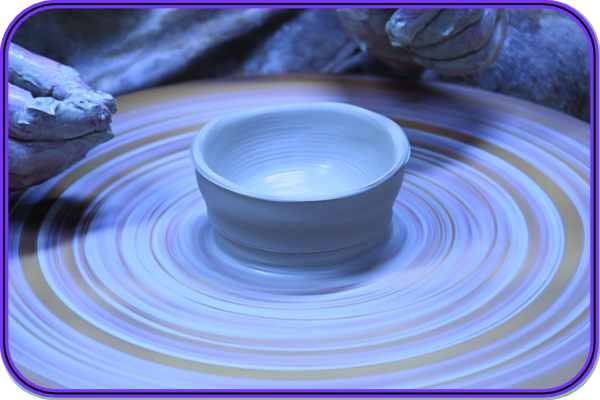
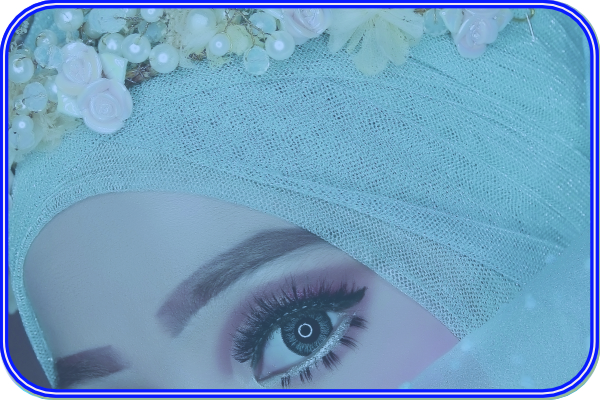
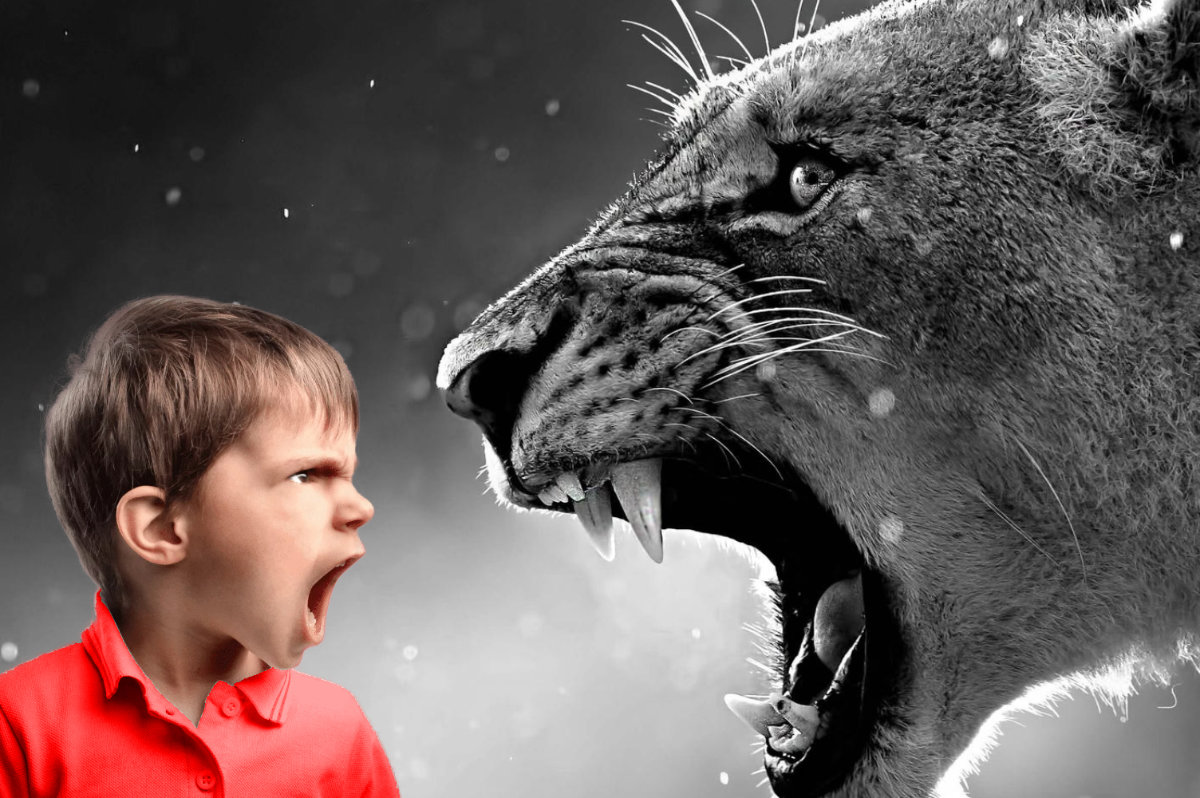
0 Comments